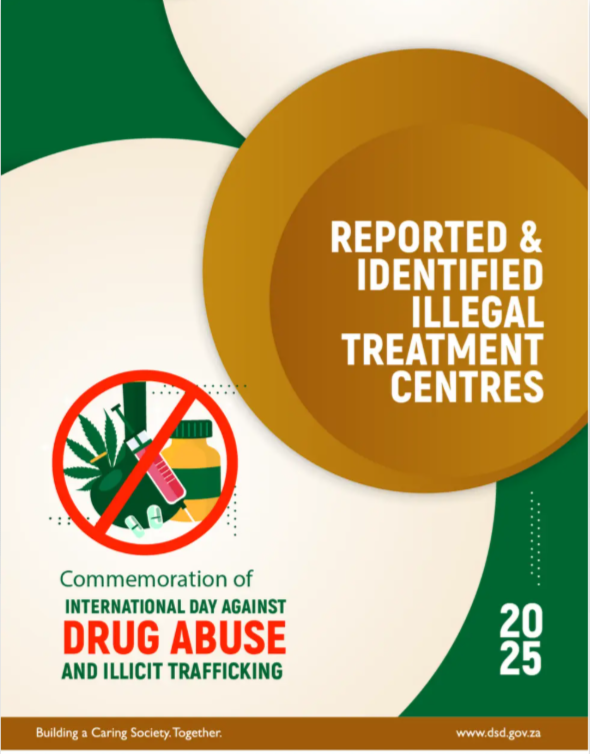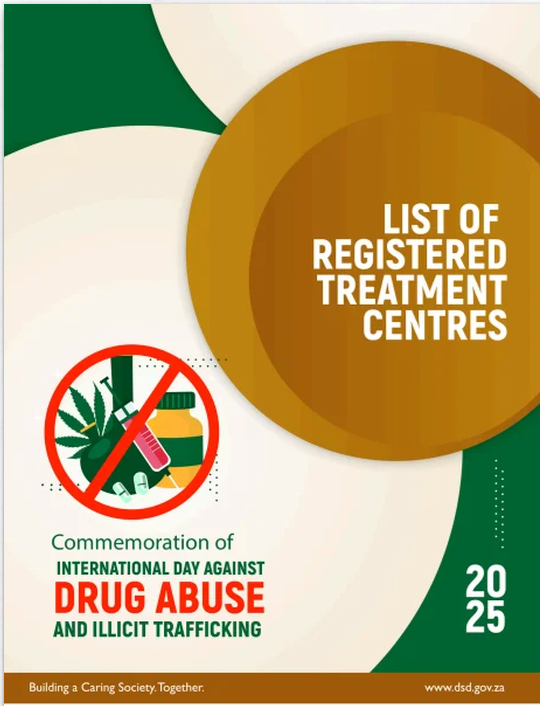By Tholakele Makena and Justice Malapane.
- Communities in Limpopo are stepping up efforts to address the challenges of gangsterism, bullying, and gender-based violence affecting young people.
- A provincial campaign is targeting hotspot areas through educational dialogues that bring together learners, parents, stakeholders, and law enforcement agencies.
- The initiative emphasises collaboration across sectors to create safer schools and protect the wellbeing of children.
The Department of Social Development, together with the Limpopo Provincial Government, hosted an Anti-Gangsterism Educational and Dialogue Session on 8 August 2025 at the Shekinah Christian Worship Centre. The event gathered learners, educators, parents, and community members, with the involvement of SAPS, Correctional Services, and the local municipality. This initiative is part of a broader plan to target hotspots across South Africa through education, awareness, dialogues, prevention, and early intervention.
Ms Marope Mphahlele from the Department of Social Development said the session forms part of a broader provincial campaign. “We identified hotspot areas, and Burgersfort was one of them. Learners were invited from schools where cases of gangsterism have been reported,” she explained. She added that Sekhukhune and Tubatse were specifically chosen due to rising concerns in those areas.
Some of the identified gangs in Burgersfort and surrounding areas include MaDH, MaWest, Starlite, Guarana, Boko Haram, Mexican Sisters, Ma Twenty-Eight, and Eclipse Squad.
Sergeant Letsoalo, a Social Crime Prevention Coordinator at Tubatse Police Station, said the community faces serious challenges of gangsterism and anarchy. “We are always on the ground, visiting schools for crime awareness campaigns and educating communities through our programmes,” he said. He noted that some learners carry weapons and drugs to school and recommended that security personnel conduct searches at school gates to prevent such incidents.
Encouraging parents to play an active role, Ms Ditebogo Manana, Social Work Policy Manager at the National Department of Social Development, emphasised the need for vigilance in raising, nurturing, and protecting children. “Parents have a full-time role of knowing their children. Despite other responsibilities we may be occupied with as parents, we have a duty to ensure that our children are accountable and always in school. Once you identify unpopular behaviour in your child, you must begin to monitor and, where necessary, search their school bags so that we proactively act on signs of gangsterism,” she said.
She urged parents to collaborate with social workers and avoid defending children when there are signs of gang involvement.
One of the participants, *Mpho Lekgwathi, warned against the temptation to join gangs, noting that they commit serious crimes such as theft, murder, and rape. “Some of the causes of gangsterism are high levels of poverty and unemployment. We can defeat gangsterism if we are linked with economic opportunities such as employment and entrepreneurship, and stand together as a community with police, parents, and social workers,” he said.
An anonymous ex-convict from Burgersfort shared his experience of being arrested for armed robbery and sentenced to eighteen years in prison before being released on parole. “My advice to children is that they must not be influenced by peer pressure, alcohol, and drugs. Focus on education. I do not want anything to do with crime and gangsterism,” he said.
Gangsterism contributes to crime, violence, substance abuse, and family dysfunction, affecting vulnerable groups such as children, women, older persons, and persons with disabilities. It also undermines community wellbeing and economic development.
To address these challenges, the Department of Social Development has trained provincial and district practitioners to implement the Anti-Gangsterism Strategy in identified hotspots. In the current financial year, the Department is expanding its outreach, with a special focus on high-risk districts. This forms part of the 365 Days Child Protection Programme of Action, aimed at sustained education and awareness on social issues affecting children.
The session served as a reminder that combating gangsterism requires unity, education, and sustained partnerships between communities, schools, and law enforcement
*Not their real names




